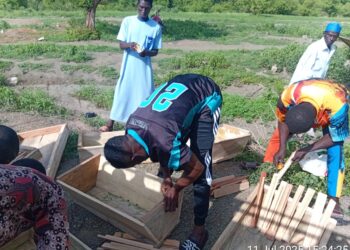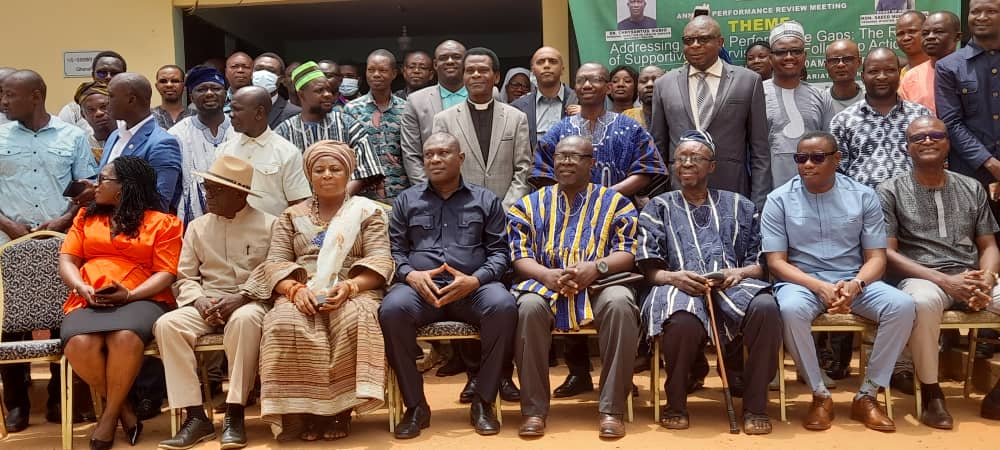
The Savannah Regional health Directorate on Thursday, 30th March, 2023 held it’s 2022 annual performance review meeting at Damongo with confidence to integrate supportive Supervision to drive to desired performance indicators and health outcomes under the theme: ” Addressing health performance gaps: the role of supportive supervision and follow up Actions”.
In an address, the savannah regional Director for health services, Dr Chrysantus Kubio noted that as part of health system strengthening measures, supportive Supervision was repackaged and introduced as integrated supportive Supervision in 2019 to serve as one of the quality improvement interventions aimed at improving the sector indicators to ultimately achieve Universal Health Coverage.
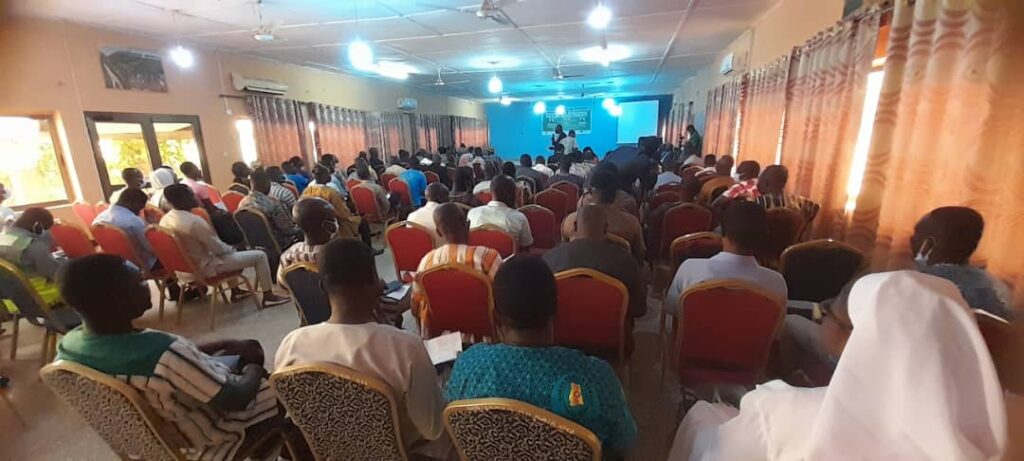
Relating to the theme for this year’s review meeting, Dr. Kubio said, they were confident that integrated supportive supervision is a key driver to desired performance indicators and health outcomes.
He indicated that they intend to take a snapshot of supportive supervision for the 2022 year under review, it’s implementation, follow – up on the actions plans that were developed, and their contribution to addressing some of their performance gaps and beyond.

He also explained that, health service was provided along some three sector wide objectives with particular emphasis on the performance indicators under each of which planned activities were carried out by their health professionals in the region to achieve them.
He also outlined some few best practices that supported the execution of their objectives, stating that, the operationalized laboratory services at Kpalbe and Mpaha health centres and supported Makango polyclinic with human resource to start laboratory services.
He also stated that, the operationalized two polyclinics at Bamboi and Makango and also carried out baseline assessment of selected health facilities in collaboration with PharmAcess safe care project on the quality of care the provide and graded them on their levels of quality of care among others practices.
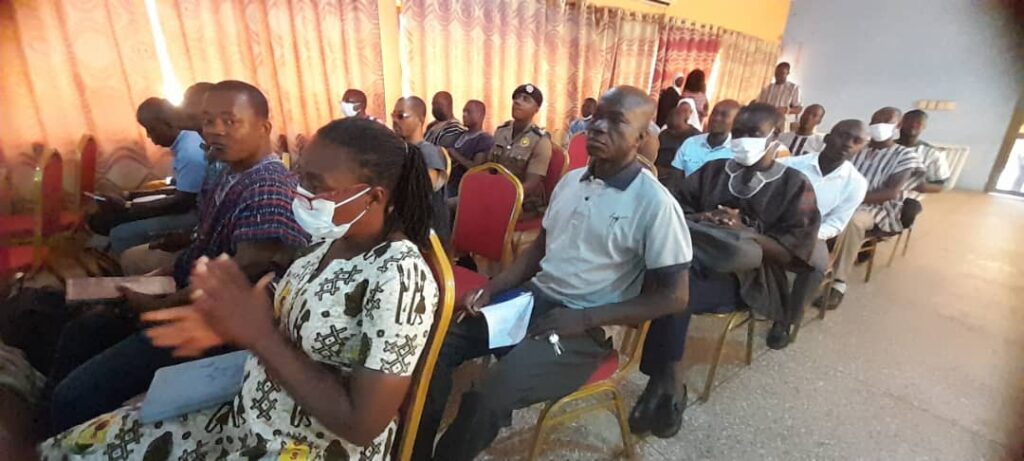
On health outcomes, the Regional health Director said, the year under reference witnessed a mixed performance in the sense that, whilst the improved in some areas of service delivery, in others, the experienced decline or stagnation with some areas of improvement being: Doctor population geographical equity index improving from 11% to 36%, proportion of the population served by functional CHPS increasing from 40% to 74.2%, Children under five years who are underweight reducing from 1.5% to 1.3%, Adolescent pregnancies reducing from 14.4% in 2021 to 13.0% in 2022, new cases of HIV decreased from 636 in 2021 to 453 in 2022 giving a positivity rate of 1% against 1.5% in 2021 among others and experienced some decline in some health indicators including; Total estimated protection by contraceptive methods supplied reducing from 27,000 to 22,000 with Midwife to WIFA population geographical equity index reducing from 28% to 25% and Nurse population geographical equity index reducing from 48% to 37% among others.
He also said, the Savannah region being charaterized with the shortcomings of the new regions, has it’s fair share of the challenges that have bedeviled the health system over the years and thus militated against progress towards set targets during the period and therefore focused to develop a regional strategic plan with support of AMP health and their regional leadership mentor to guide the implementation of activities in the region to enhance human resource management for high performance.
The savannah regional Minister, Hon. Saeed Muhazu Jibriel in a key note address said, the NPP government recognises the health sector as a key to the development of the nation hence upon assuming office, undertook substantial investments to strengthen the sector.
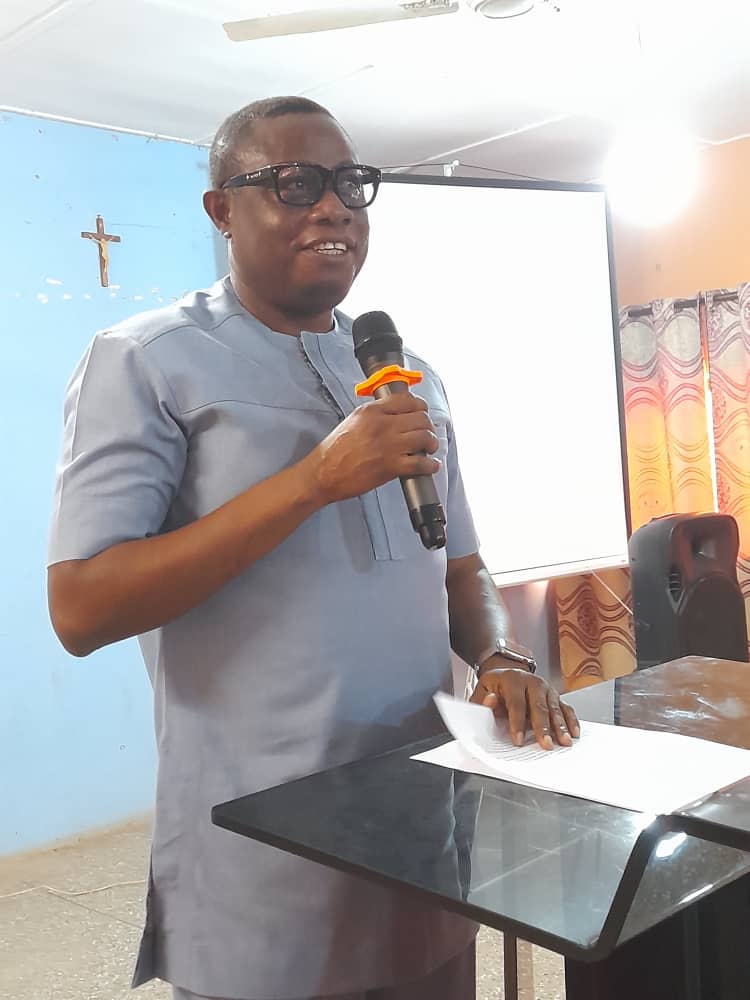
Speaking on infrastructure, the regional Minister stated that the government is constructing 2 new district hospitals from scratch as part of agenda 111 in the North Gonja and North East Gonja Districts of the region and also disclosed that plans are underway to cut sod for the construction of a regional hospital between Damongo and Soalepe in the west Gonja municipality.
Hon. Saeed added that, as part of Gulf of Guinea Northern Regions social cohesion project, he has directed all the five beneficiary Districts in the savannah region to include at least 4 health infrastructure projects in their annual plans for the entire project duration as it will transform the health landscape in the region by the time the project ends.
The Minister also revealed that several health projects including CHPS compounds are ongoing at various stages of completion at the District Assemblies.

He also stated that although reimbursement of health insurance claims is still not the best, Government is making efforts to improve upon the situation and therefore implore them to remain calm as the NHIA and the government dialogue to find a lasting solution to that unintended difficulty facing the health service and also urged them to heighten their alertness and intensify surveillance for
yellow fever, marburg and polio in the various communities.
Delivering a message on behalf of the Ghana health service Council, Dr. Sefa Bediako explained that the council has launched the Ghana health service excellence awards scheme and has put in place a comprehensive framework to assess and Award best – performing individual staff, facility leaders as well as institutions at the various service levels across the country to serve as an opportunity to celebrate health workers who have continued to deliver outstanding services to improve the quality of care and the health indicators in the country and therefore made a passionate appeal to all organisations, corporate bodies, NGOs, development partners, District Assemblies, regional coordinating Councils, philanthropists, traditional authorities and the media to support the service in it’s initiative to recognise and honour it’s hardworking health workers and institutions across the country.

On Regional health committees, Dr. Sefa Bediako acknowledged that Regional health committees in all the regions have been properly constituted and inaugurated by the Ghana health service council as required by the enabling Act of the service.
He however pointed out that, establishing the committees alone is not sufficient if they are not given the support they need to function effectively, noting that the committees are an integral part of the governance architecture of the service and therefore urged all regional health Directors and their teams to support the regional health committees to enable them deliver effectively on their mandate.
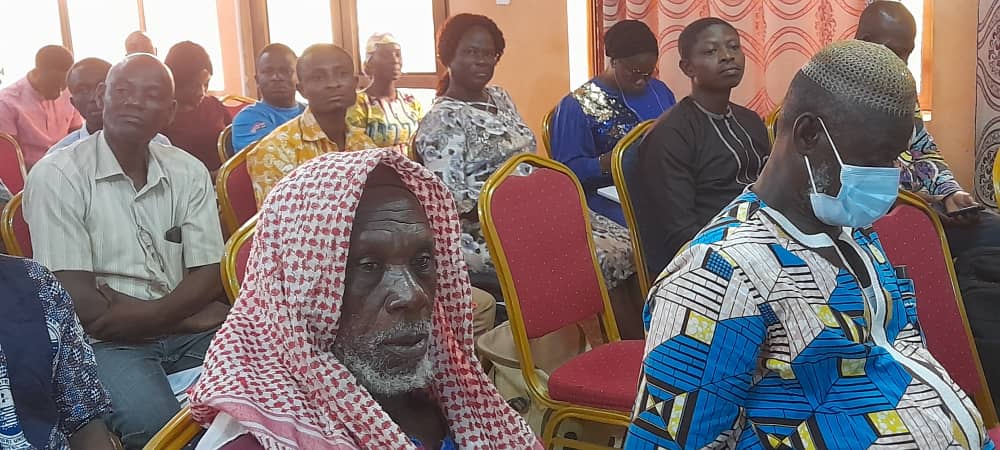
He commended the management and all staff at the various service levels of the region for their immense contributions to the progress made so far with the support of their stakeholders and encouraged such strong, collaborative working relationships amongst all players in the health system to help achieve their shared goals.
He also called for the need to learn from their experience with their response to COVID-19 and intensify their effort in building an integrated health care delivery system to help in their drive towards the attainment of Universal Health Coverage.
Source: Padfm.com.gh/Kumatey Gorden/0243531604
















